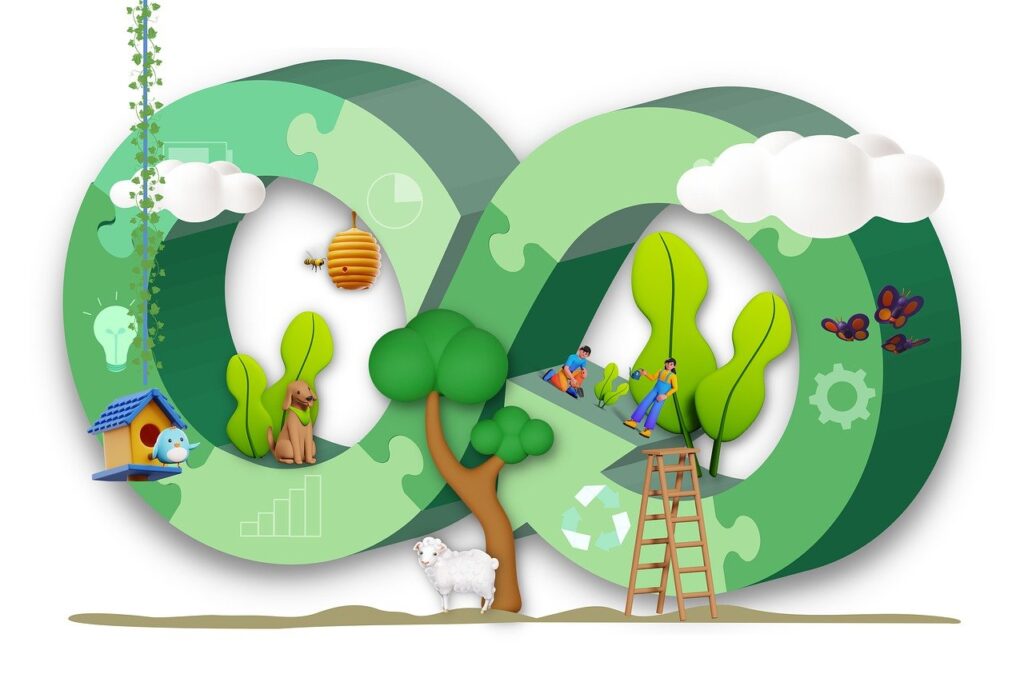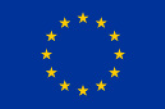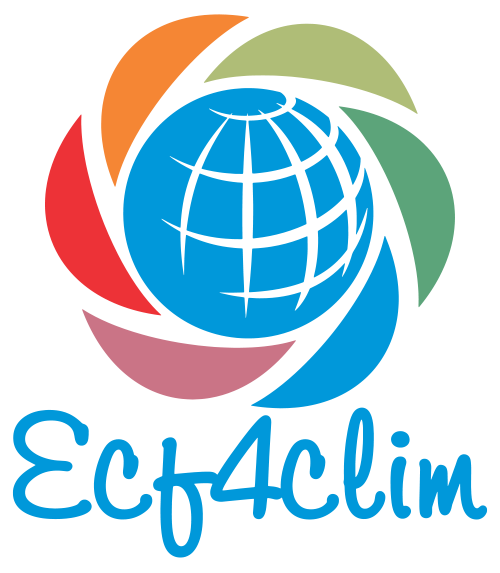In recent years, sustainability has become a critical focus for educational institutions worldwide. In this context, our interventions in Finland, Portugal, Romania, and Spain aim to demonstrate the effectivity of some actions engaging the educational communities.
Assessment serves as the foundation of sustainability efforts within educational institutions. By evaluating existing sustainability practices, we identify key strengths and areas for improvement. This process involves solar energy generation as prosumers, energy consumption analysis, waste management, water savings, carbon footprint management, sustainable curricula integration, and student engagement in eco-friendly practices.
Periodic assessments ensure that sustainability strategies remain relevant and effective. By consistently monitoring progress, schools and universities can adjust their approaches, implement corrective measures, and adopt best practices that yield long-term benefits. Additionally, the dissemination of assessment results to students, faculty, and the wider community fosters transparency, accountability, and a collective commitment to sustainability.
Measuring the Impact: Are the Results Clear and Quantifiable?
One of the key challenges in sustainability interventions is ensuring that improvements are both measurable and impactful. While qualitative changes, such as increased environmental awareness and engagement, are crucial, they must be supported by quantitative metrics.
We employ various tools to track progress, including:
Carbon Footprint Calculators: Measuring CO2 emissions before and after interventions.
Waste Audits: Assessing the reduction in non-recyclable waste generation.
Energy and Water Consumption Analysis: Comparing usage trends over assessment periods.
Student and Staff Surveys: Evaluating awareness and behavior changes toward sustainability.
These metrics provide clear evidence of improvement and help institutions refine their strategies. Furthermore, periodic assessments (e.g., quarterly or annual evaluations) ensure that progress is continuously monitored, and necessary adjustments are made to sustain long-term benefits.
Assessment findings should not remain confined to institutional reports. Instead, they should be widely shared with students, faculty, policymakers, and local communities. Transparency in results fosters trust and encourages active participation in sustainability initiatives. By making data accessible through reports, workshops, and social media, educational institutions can inspire broader societal change beyond their campuses.
Community involvement is vital for sustaining the momentum of these efforts. By engaging external stakeholders—such as businesses, non-profits, and governmental agencies—schools and universities can expand their impact and develop collaborative solutions that extend beyond academia. Our interventions in Finland, Portugal, Romania, and Spain demonstrate that sustainability in education is not only achievable but also measurable. The key lies in consistent assessment, transparent reporting, and active community engagement. While challenges persist in quantifying every aspect of sustainability, our experience shows that with clear metrics and a commitment to periodic evaluations, substantial improvements can be made. By working together, educational institutions and their communities can lead the way in creating a more sustainable future.







